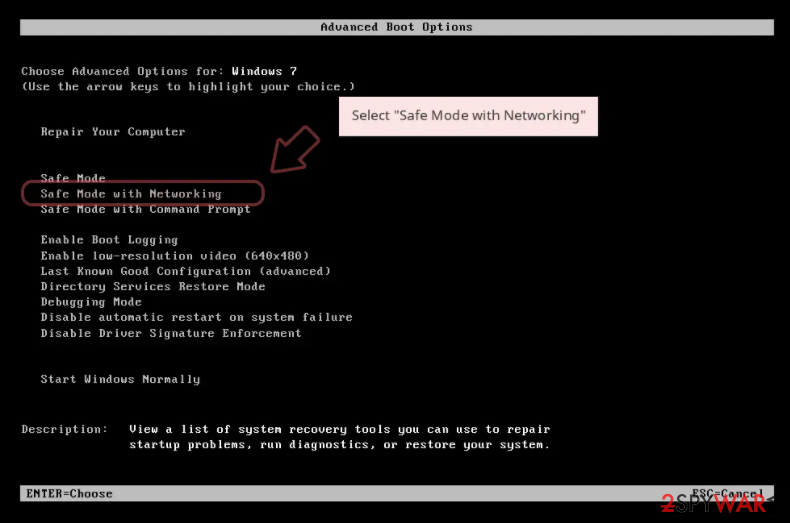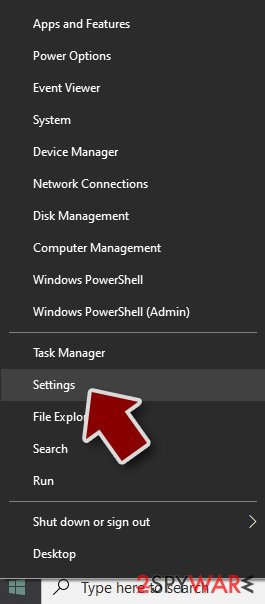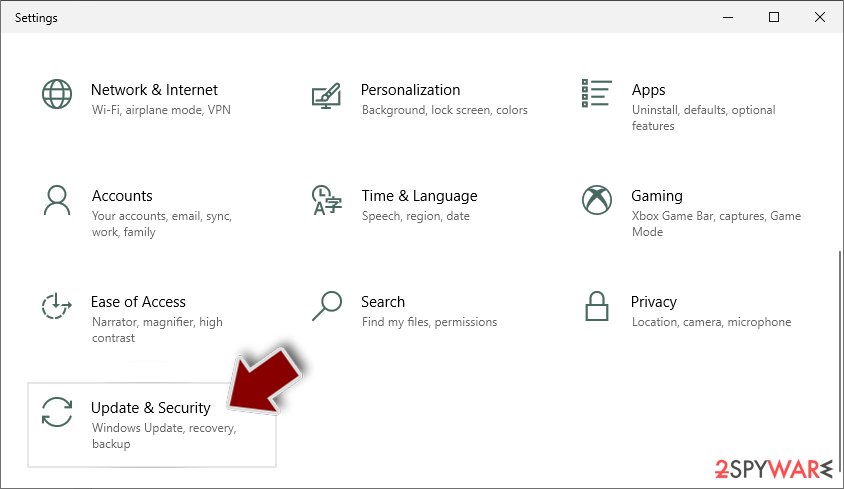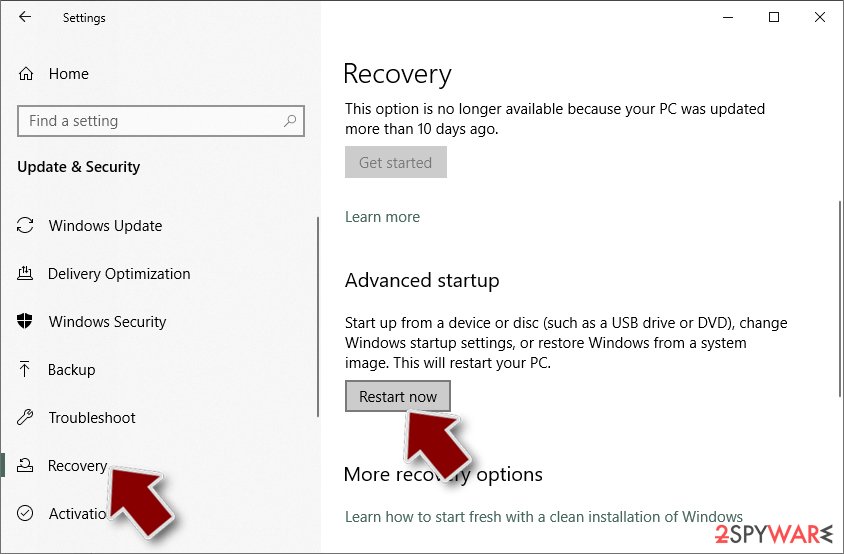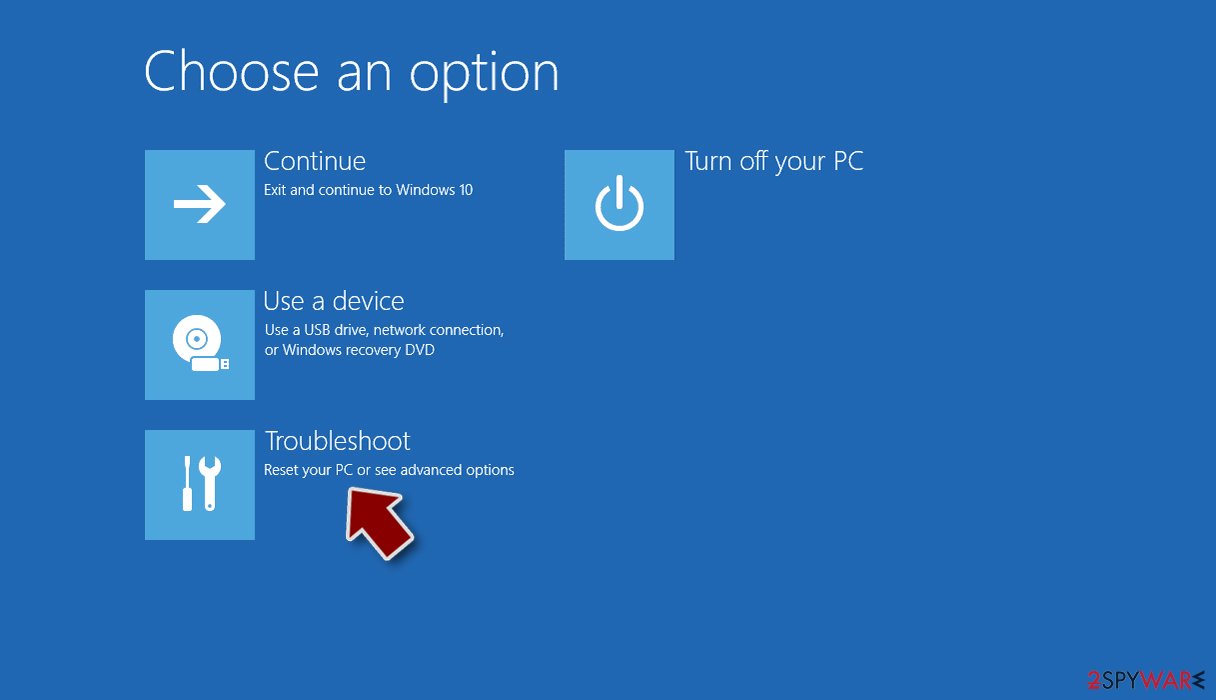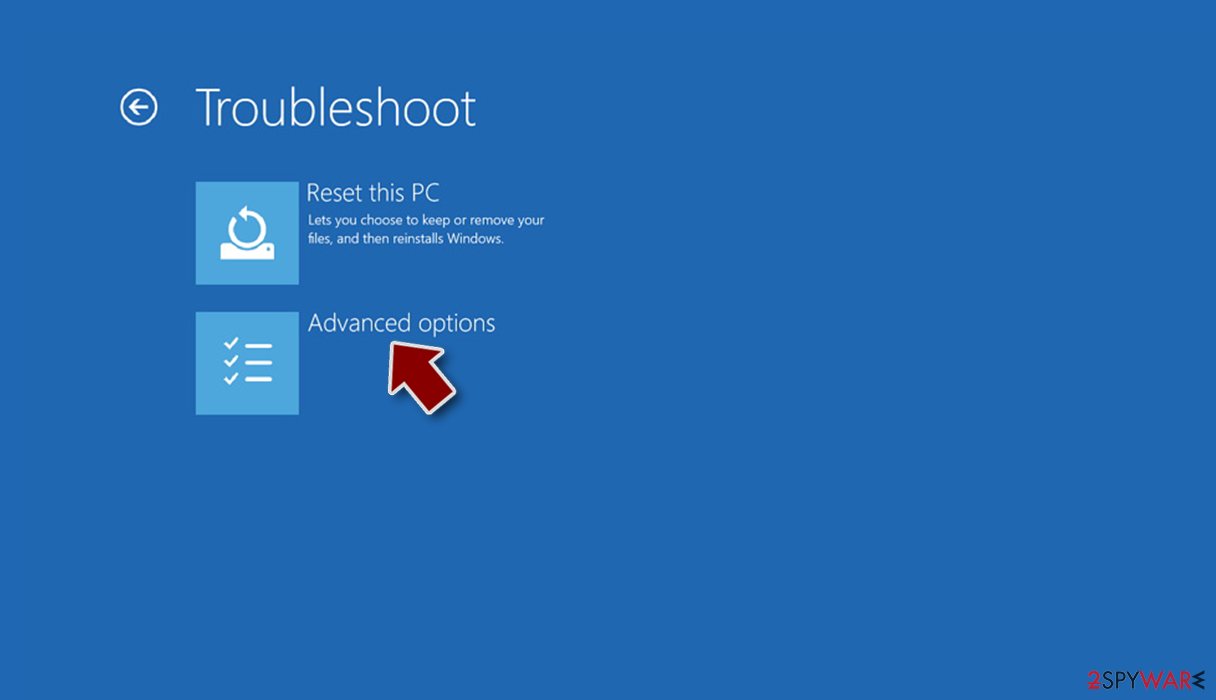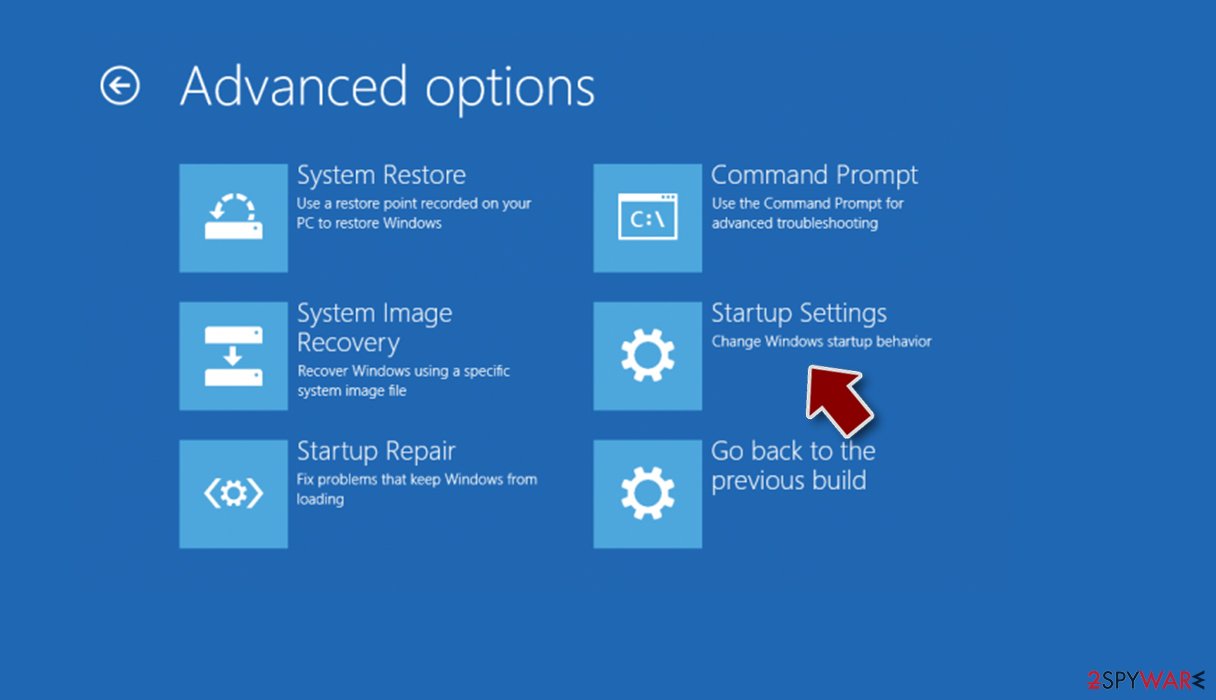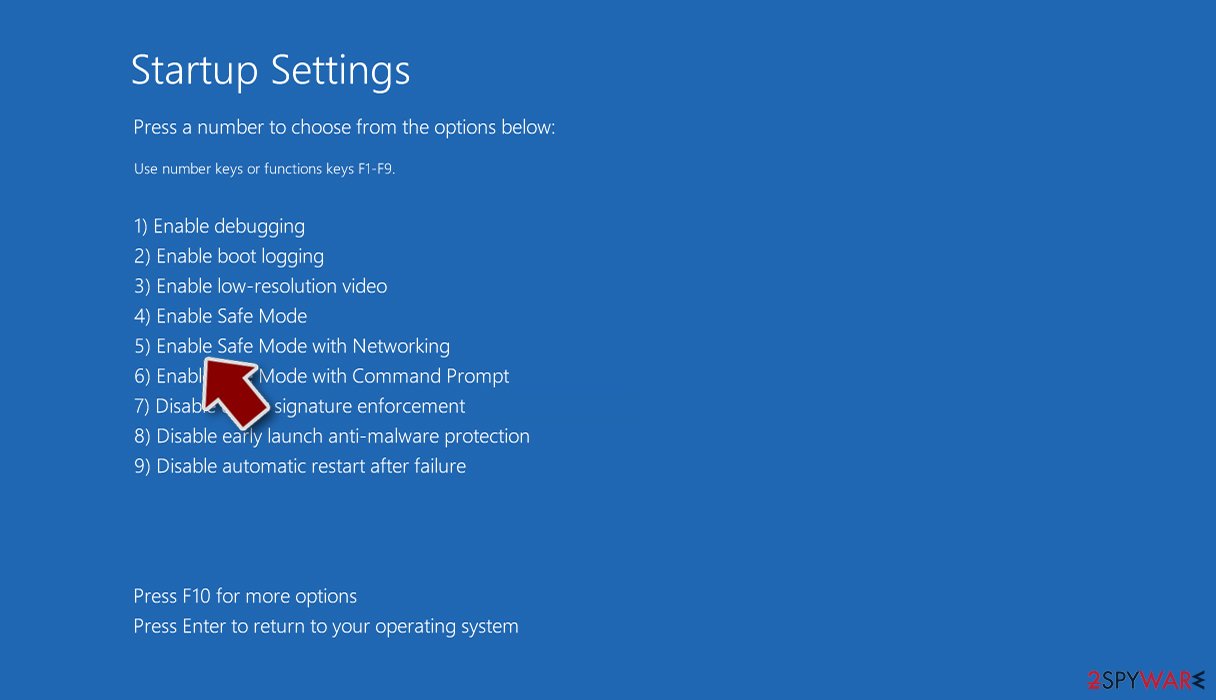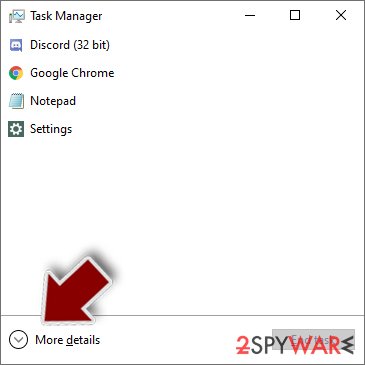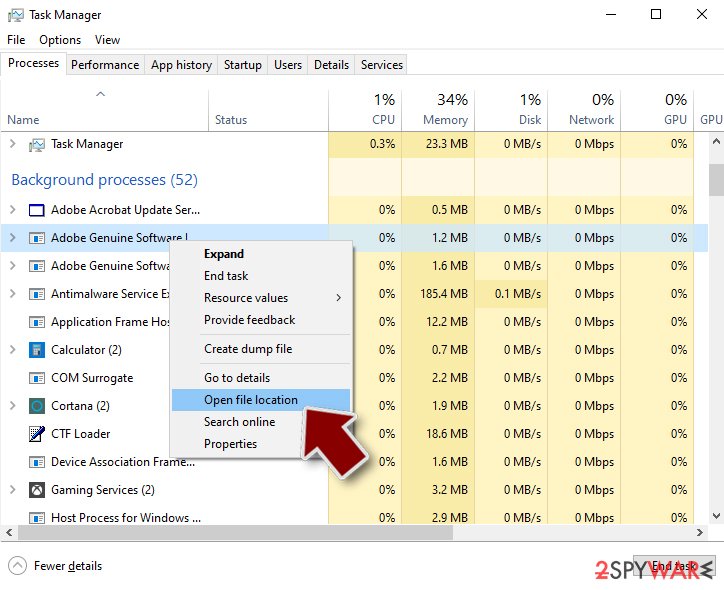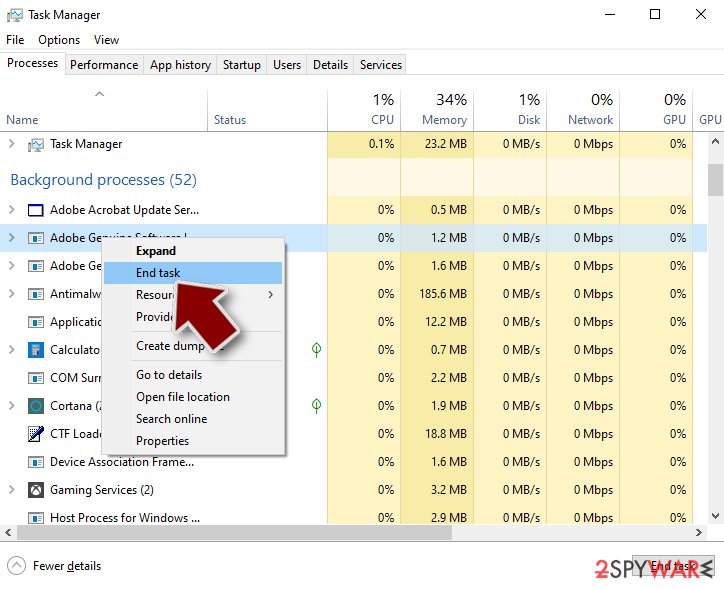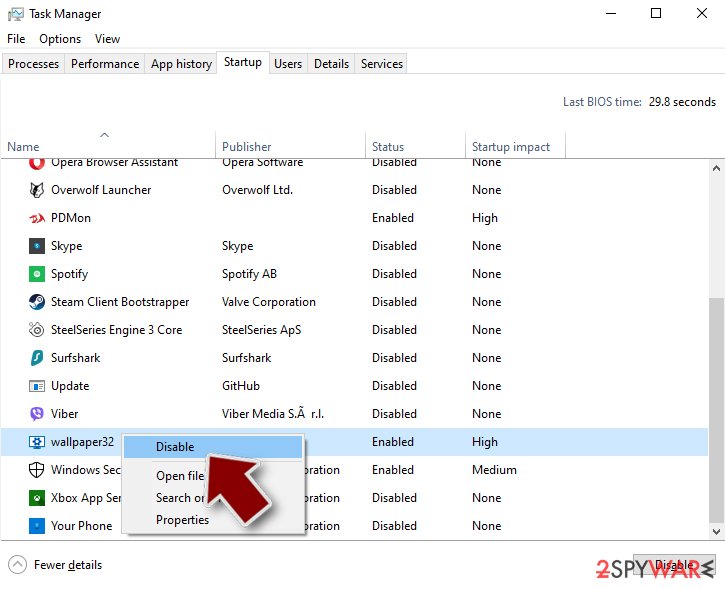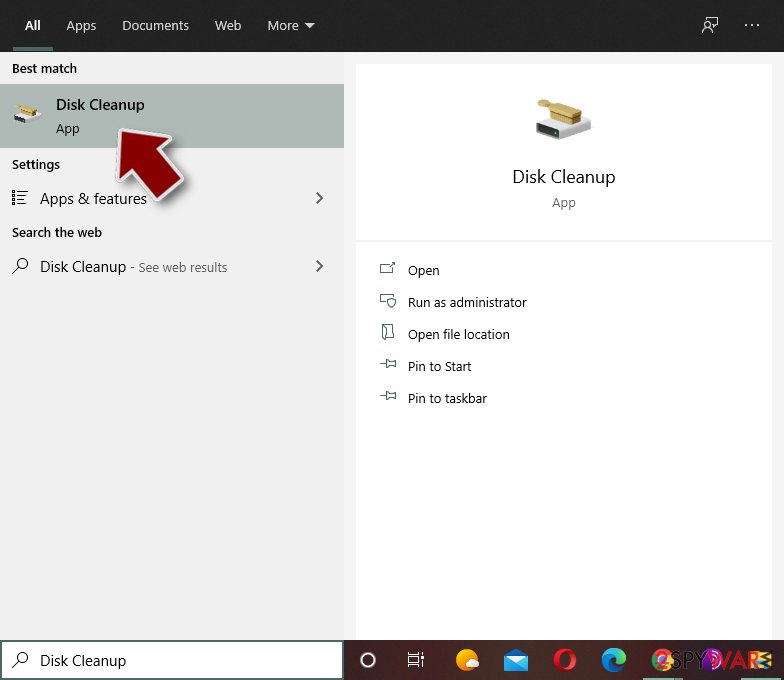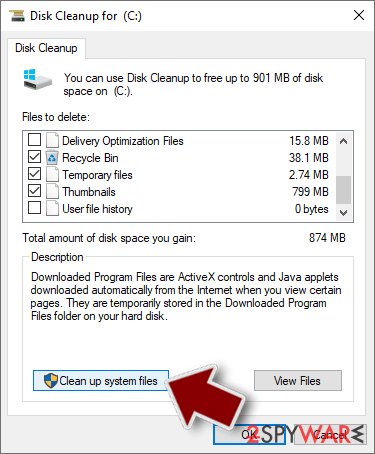CashU virus (Free Guide) - updated Aug 2019
CashU virus Removal Guide
What is CashU virus?
CashU virus is the ransomware-type threat that locks the screen of the infected device and demands payment via CashU prepaid payment system
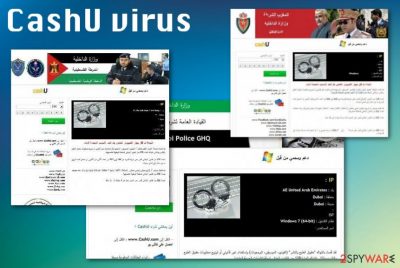
CashU virus is the cryptovirus that demands ransom for alleged illegal activities and calls the payment a fine. This particular threat pretends to send the alert from the government agency and targets people in the Middle East or the United Arab Emirates in particular. Known since 2012 and still occasionally occurring, the campaign also gets to be called CashU scam since the message is written in Arabic on the lock screen is fake and only there to make people more scared and eager to pay.
CashU virus belongs to a ransomware category because it claims about illegal activities and other violations to demand payment. Although virus developers call the payment a fine there is nothing illegal that you have done, the message is not sent from government or agency like FBI or Police. Restrain from contacting these people and paying the demand.
| Name | CashU virus |
|---|---|
| Type | Lock screen malware[1] |
| Category | Ransomware |
| Ransom note | A program window, lock screen with a text demanding to pay and CashU service for delivering payments |
| Targeted part of the world | The Middle East. Saudi Arabia, Abu Dhabi, Lebanon |
| Claims in the ransom note | That you violated particular Criminal Code or distributed copyrighted content |
| Ransom amount | At least 100$ |
| Distribution | Infected email attachments during spam email campaigns[2] |
| Elimination | Install FortectIntego to remove CashU virus |
CashU virus is a dangerous part of the group called ransomware, which acts exactly as the negatively famous Ukash virus. However, there is one difference between these two groups of threats – CashU virus spreads in Arabic countries, such as Morocco, Palestine, and Israeli.
CashU virus shows the following or a similar message(translated to English):
ATTENTION! Your PC is blocked due tout least one of the reasons specified below.
You have been violating. Copyright and Related Rights Law. (Video, Music, Software) and illegally using or distributing copyrighted content, thus infringing Article 128 of the Criminal Code..
Article 128 of the Criminal Code provides for a fine of 200 to 500 minimal wages or a deprivation of liberty for 2 to 8 years.
If your PC is located in these or other eastern countries, you should be aware that there is a great danger of being locked by a virus, which additionally shows a huge notification reporting about different kinds of law violations. Typically, CashU virus presents for its victims as a governmental authority, such as police or security department.
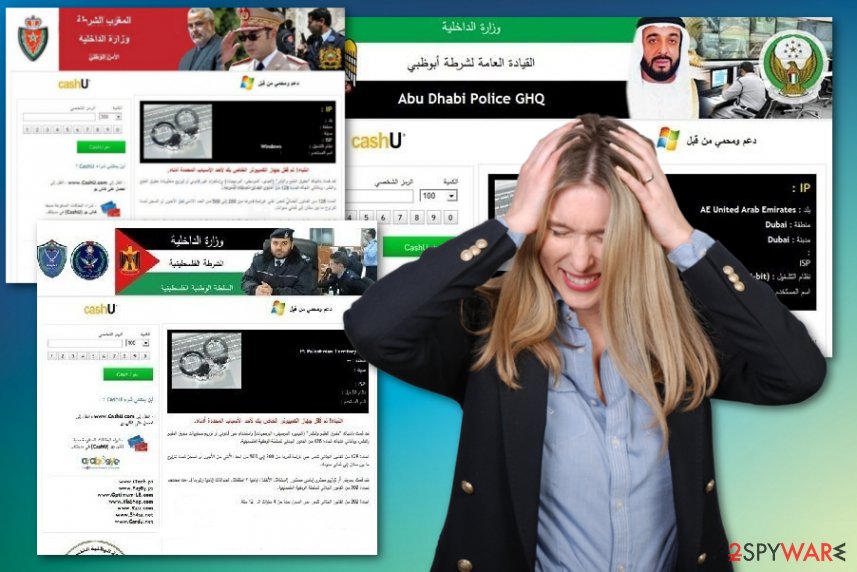
It uses the local computer's language and claims that its owner has been blocked for violating specific laws. This is the threat that resembles various other ransomware spreading in different countries all around the world. So you can encounter the particular malware based on the language you use on the PC. No matter the version, you need to clean the machine and perform CashU virus removal or terminate any other extortion based threat as soon as possible.
Just like Ukash virus and other threats spreading around for years, it names the use of copyrighted content and the distribution of spam or malware. Remember, the main reason why CashU virus locks the system is the money. After scaring the victim, it asks paying a certain fee via CashU payment system and promises that this will unblock the system. However, you have to remove CashU virus for that.
Remember, when dealing with CashU virus, you should never follow its commands and pay the fine because it won't help you to restore the access to your PC. For that, you have to remove CashU virus from your computer. Follow a detailed guide below and know more about the removal of this ransomware.
You should also eliminate the damage CashU virus can cause and every threat installed by the malware in the first place. Experts[3] recommend using anti-malware tools for all the processes regarding the ransomware. Try to scan the machine using FortectIntego and clean the system fully.
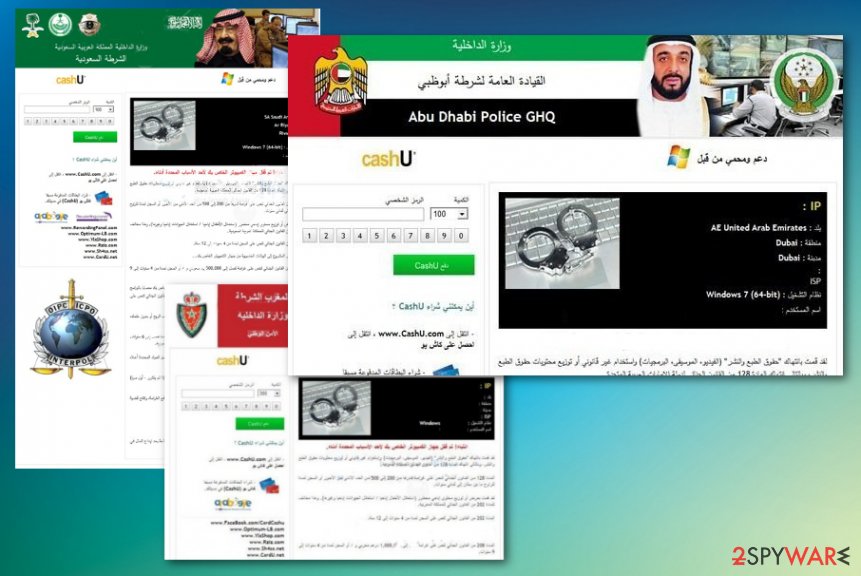
Malware spreads with the help of other malware
Ransomware, other crypto-extortion based malware mainly is spread with the help of Trojan horses, malware, worms. There is not much information on how this specific virus spreads:
- you may download it from spam email when you open the infected attachment;
- illegal websites and commercial pop-up ads have also been reported to act an important role in the distribution of this ransomware.
There is a way to avoid infiltration of these dangerous cyber threats – paying attention to processes happening on the machine and content you download or open on the PC. When you receive the email stating about some orders, shipping always note the company known or legitimate before you download anything from the notification.
You also should delete any emails that come from suspicious sources, questionable addresses or has hyperlinks and file attachments directly on them. Try to at least scan the file with your AV tool before opening the attached document or PDF on the computer. Malicious macros get loaded on such data, and once you open the document, they get triggered.
CashU virus removal process requires tools and paying attention
When trying to remove CashU virus, the most important thing is to unblock the PC. The easiest way to do that is to change PC's date to the previous one. However, viruses keep mutating, and this may fail to work with your variant of the ransomware virus. To recover your ability to get on the Internet and launch anti-spyware, you can alternatively try one of these methods
Since there are many files and programs this threat can add to your machine, you need a thorough CashU virus removal that involves anti-malware programs in particular. You need a system scan, cleaning, and malware termination. Tools like FortectIntego, SpyHunter 5Combo Cleaner, or Malwarebytes have all those features.
Getting rid of CashU virus. Follow these steps
Manual removal using Safe Mode
Enter the Safe Mode with Networking and remove CashU virus using your anti-malware tool
Important! →
Manual removal guide might be too complicated for regular computer users. It requires advanced IT knowledge to be performed correctly (if vital system files are removed or damaged, it might result in full Windows compromise), and it also might take hours to complete. Therefore, we highly advise using the automatic method provided above instead.
Step 1. Access Safe Mode with Networking
Manual malware removal should be best performed in the Safe Mode environment.
Windows 7 / Vista / XP
- Click Start > Shutdown > Restart > OK.
- When your computer becomes active, start pressing F8 button (if that does not work, try F2, F12, Del, etc. – it all depends on your motherboard model) multiple times until you see the Advanced Boot Options window.
- Select Safe Mode with Networking from the list.

Windows 10 / Windows 8
- Right-click on Start button and select Settings.

- Scroll down to pick Update & Security.

- On the left side of the window, pick Recovery.
- Now scroll down to find Advanced Startup section.
- Click Restart now.

- Select Troubleshoot.

- Go to Advanced options.

- Select Startup Settings.

- Press Restart.
- Now press 5 or click 5) Enable Safe Mode with Networking.

Step 2. Shut down suspicious processes
Windows Task Manager is a useful tool that shows all the processes running in the background. If malware is running a process, you need to shut it down:
- Press Ctrl + Shift + Esc on your keyboard to open Windows Task Manager.
- Click on More details.

- Scroll down to Background processes section, and look for anything suspicious.
- Right-click and select Open file location.

- Go back to the process, right-click and pick End Task.

- Delete the contents of the malicious folder.
Step 3. Check program Startup
- Press Ctrl + Shift + Esc on your keyboard to open Windows Task Manager.
- Go to Startup tab.
- Right-click on the suspicious program and pick Disable.

Step 4. Delete virus files
Malware-related files can be found in various places within your computer. Here are instructions that could help you find them:
- Type in Disk Cleanup in Windows search and press Enter.

- Select the drive you want to clean (C: is your main drive by default and is likely to be the one that has malicious files in).
- Scroll through the Files to delete list and select the following:
Temporary Internet Files
Downloads
Recycle Bin
Temporary files - Pick Clean up system files.

- You can also look for other malicious files hidden in the following folders (type these entries in Windows Search and press Enter):
%AppData%
%LocalAppData%
%ProgramData%
%WinDir%
After you are finished, reboot the PC in normal mode.
Remove CashU using System Restore
System Restore feature is a method that allows eliminating CashU virus while recovering the system to a previous state
-
Step 1: Reboot your computer to Safe Mode with Command Prompt
Windows 7 / Vista / XP- Click Start → Shutdown → Restart → OK.
- When your computer becomes active, start pressing F8 multiple times until you see the Advanced Boot Options window.
-
Select Command Prompt from the list

Windows 10 / Windows 8- Press the Power button at the Windows login screen. Now press and hold Shift, which is on your keyboard, and click Restart..
- Now select Troubleshoot → Advanced options → Startup Settings and finally press Restart.
-
Once your computer becomes active, select Enable Safe Mode with Command Prompt in Startup Settings window.

-
Step 2: Restore your system files and settings
-
Once the Command Prompt window shows up, enter cd restore and click Enter.

-
Now type rstrui.exe and press Enter again..

-
When a new window shows up, click Next and select your restore point that is prior the infiltration of CashU. After doing that, click Next.


-
Now click Yes to start system restore.

-
Once the Command Prompt window shows up, enter cd restore and click Enter.
Finally, you should always think about the protection of crypto-ransomwares. In order to protect your computer from CashU and other ransomwares, use a reputable anti-spyware, such as FortectIntego, SpyHunter 5Combo Cleaner or Malwarebytes
How to prevent from getting ransomware
Do not let government spy on you
The government has many issues in regards to tracking users' data and spying on citizens, so you should take this into consideration and learn more about shady information gathering practices. Avoid any unwanted government tracking or spying by going totally anonymous on the internet.
You can choose a different location when you go online and access any material you want without particular content restrictions. You can easily enjoy internet connection without any risks of being hacked by using Private Internet Access VPN.
Control the information that can be accessed by government any other unwanted party and surf online without being spied on. Even if you are not involved in illegal activities or trust your selection of services, platforms, be suspicious for your own security and take precautionary measures by using the VPN service.
Backup files for the later use, in case of the malware attack
Computer users can suffer from data losses due to cyber infections or their own faulty doings. Ransomware can encrypt and hold files hostage, while unforeseen power cuts might cause a loss of important documents. If you have proper up-to-date backups, you can easily recover after such an incident and get back to work. It is also equally important to update backups on a regular basis so that the newest information remains intact – you can set this process to be performed automatically.
When you have the previous version of every important document or project you can avoid frustration and breakdowns. It comes in handy when malware strikes out of nowhere. Use Data Recovery Pro for the data restoration process.
- ^ Screen Lockers vs. Encryptors. Pandasecuroty. Security and malware news.
- ^ David Balaban. 6 New Malicious Spam Campaigns Coming to an Inbox Near You. Hackernoon. Cybersecurity news.
- ^ Virusai. Virusai. Spyware related news.
